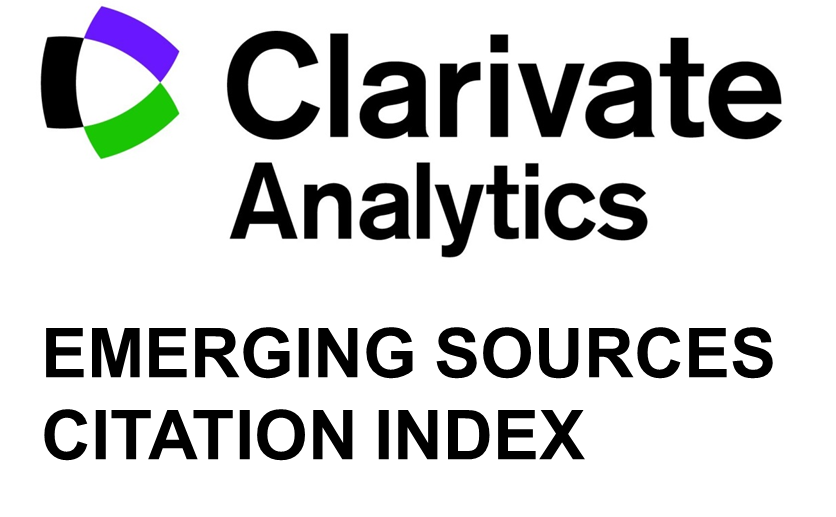Graduate Career Tracking System Across the World - as Information Systems in higher Education Decision-making Process
Keywords:
Graduate Career Tracking System, Higher Education, labour-market, Student-servicesAbstract
All the higher education (HE) areas have faced significant changes in the last few decades. The traditional role of universities may become obsolete, and new tasks and strategic redefinition of the own position are necessary to fulfil the emerging needs. The 20th century shows evidence of aging societies in developed countries; decreasing capacity and willingness of state to participate in financing; the formulation and importance of knowledge-based society concept. While in developing countries a new expansion of HE participation is foreseen with increasing international mobility and appearance of IT based smart solutions like massive open online courses. These radical influences lead to a need for reform in HE. To develop new strategies, an emerging need for data-driven decisions arose, and we discuss whether it is due to the technological possibilities (push-based) or due to the decision making actors’ requirements (pull-based). The Graduate Career Tracking Systems (GCTS) and surveys offer an excellent source of objective data, but the practice varies widely from country to country. We analyze the empirical information regarding the GCTS solutions with the help of document analysis of different countries using research outputs, studies at the institutional level, at a network of institutions and nation-wide survey. Based on these, we created a possible categorization which contributes to understanding the role, structure and aims of GCTS within the countries, and the policy making process. Three different models were created by considering the following elements: the responsible institutions, the applied research methods, the surveyed basic population, the surveyed areas and the response rates. This in-depth analysis of the out of Europe models (short-term traditions or unstructured network of institutional surveys; long-term traditions of graduate tracking; compact student service package offered solutions) allows understanding better the possible ways to develop the European Graduate Career Tracking systems and formulate new policy making strategies regarding the higher education.
Downloads
Published
Issue
Section
License
Copyright (c) 2017 Norbert Sipos

This work is licensed under a Creative Commons Attribution-NonCommercial 4.0 International License.














